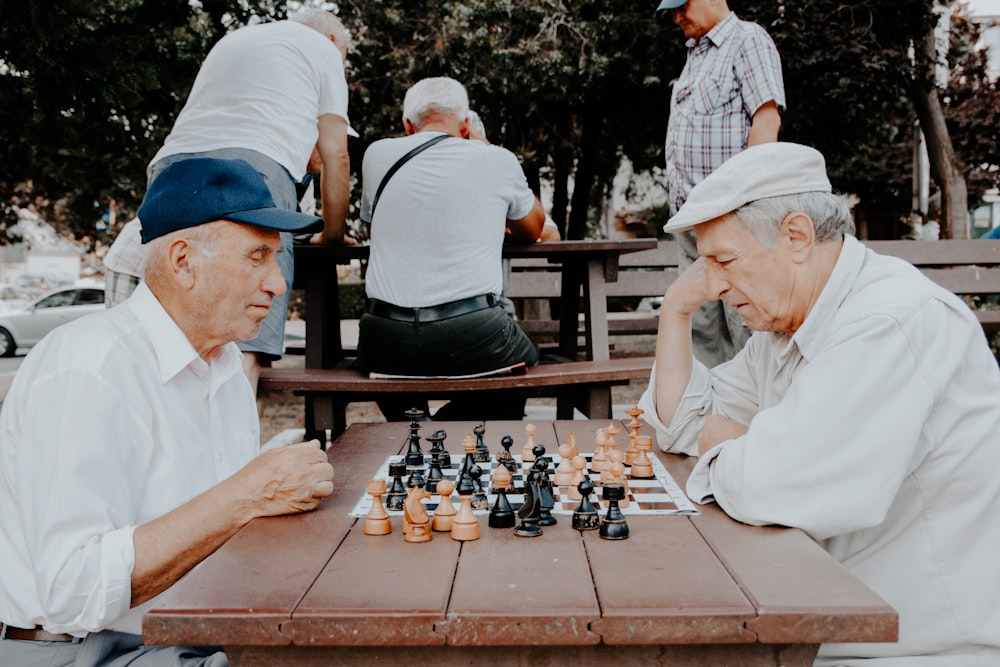World Alzheimer's Month- What is Alzheimer's?

September is World Alzheimer’s Month, so I thought I’d write a little bit over the next 2 weeks about what Alzheimer's disease is, how we might be able to treat it, Alzheimer's disease as a disability, how we can care for people with Alzheimer's disease, and what hope there is for the future.
What is Alzheimer’s disease?
The NHS outlines what Alzheimer's disease is on this page, but here are some key points.
Alzheimer’s disease is the most common type of dementia in the UK.
Dementia is a syndrome, a group of related symptoms, associated with an ongoing decline of brain functioning.
Alzheimer’s disease is a progressive condition, which means the symptoms develop gradually over many years, and eventually become more severe. It affects multiple brain functions.
The first sign of Alzheimer’s disease is usually minor memory problems but, as the condition develops, memory problems become more severe and further symptoms can develop, such as:
- Confusion and disorientation
- Difficulty planning or making decisions
- Problems with speech and language
- Problems moving around without assistance
- Personality changes
- Hallucinations and delusions
- Low mood or anxiety
How common is Alzheimer’s disease?
The Alzheimer's Society state that more than 520,000 people in the UK have dementia caused by Alzheimer’s disease, and that this figure is set to rise.
The NHS say that Alzheimer’s disease is most common in people over the age of 65, affecting an estimated 1 in 14 people over the age of 65, and 1 in every 6 people over the age of 80.
Around 1 in every 20 cases of Alzheimer’s disease affects people aged 40 to 65. This is called early-onset Alzheimer’s disease.
Can I prevent Alzheimer’s disease?
The following information has been taken from these pages on the NHS and Alzheimer's Society websites.
The exact cause of Alzheimer’s disease is not yet fully understood, although a number of things are thought to increase your risk of developing the condition:
- Ageing
- A family history of the condition
- Untreated depression
- Lifestyle factors and conditions associated with heart disease
- Gender- there are about twice as many women as men over 65 with Alzheimer’s disease
Therefore, there are a few things you can do that may reduce your risk, or delay the onset, of Alzheimer's disease, such as:
- Stopping smoking
- Cutting down on alcohol
- Eating a balanced diet, and maintaining a healthy weight
- Staying physically fit and mentally active

What is the treatment for Alzheimer’s disease?
The NHS and Alzheimer's Society say that there’s currently no cure for Alzheimer’s disease, but medicines are available that can help relieve some of the symptoms. For example, they can help with memory problems, improve concentration, and increase motivation.
Various other types of support are also available to help people with Alzheimer’s disease live as independently as possible. Social services can get involved to help the individual with their daily tasks, and might encourage carers to make adjustments to the home environment so that it’s easier for the person with Alzheimer's disease to move around and remember daily tasks.
Psychological treatments such as cognitive stimulation therapy may also be offered to help support memory, problem solving skills, and language ability.
Furthermore, it is important for people’s with Alzheimer’s disease to stay as mentally, physically, and socially active as possible.
Do you have any ideas for activities that could help someone with Alzheimer's disease to keep physically, mentally, or socially active?
Do you have any experiences with Alzheimer's disease that you'd feel comfortable sharing?
I've already got some ideas on what I'm going to post, but is there anything else on Alzheimer's disease you'd like me to cover in the coming weeks?
Read next: Is Alzheimer's Disease a Disability?, How can we care for people with Alzheimer's?, and Is there hope for the future?
Comments
-
1
Categories
- All Categories
- 15.8K Start here and say hello!
- 7.5K Coffee lounge
- 105 Games den
- 1.8K People power
- 158 Announcements and information
- 25.2K Talk about life
- 6.2K Everyday life
- 508 Current affairs
- 2.5K Families and carers
- 873 Education and skills
- 2K Work
- 579 Money and bills
- 3.7K Housing and independent living
- 1.1K Transport and travel
- 642 Relationships
- 1.6K Mental health and wellbeing
- 2.5K Talk about your impairment
- 878 Rare, invisible, & undiagnosed conditions
- 939 Neurological impairments and pain
- 2.2K Cerebral Palsy Network
- 1.2K Autism and neurodiversity
- 40.7K Talk about your benefits
- 6.1K Employment & Support Allowance (ESA)
- 20.3K PIP, DLA, ADP & AA
- 9.1K Universal Credit (UC)
- 5.3K Benefits and income
